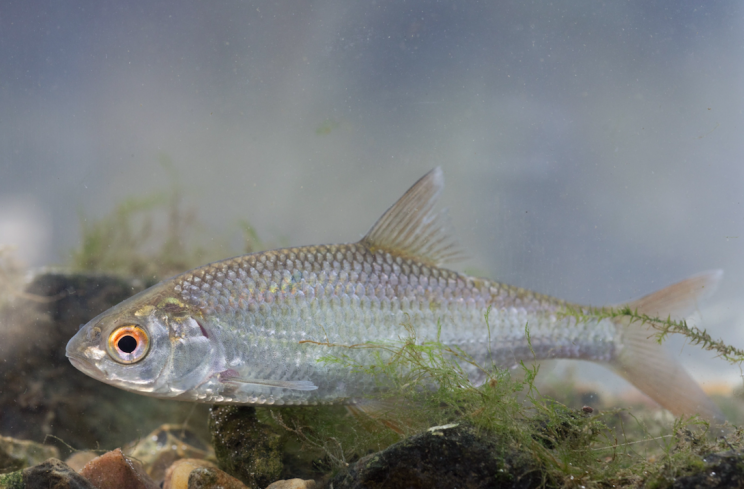Fish are turning transgender because of the contraceptive pill being flushed down drains

One in five male fish have turned transgender because of the contraceptive pill being flushed down household drains, a study says.
Male river fish are displaying female traits and are even producing eggs, according to research by the University of Exeter.
Some male fish have reduced sperm quality and are less aggressive and competitive, making them less likely to breed successfully.
According to the the study, the changes in the fish are caused by chemicals found in the contraceptive pill, cleaning products, plastics and cosmetics.

Professor Charles Tyler, of the University of Exeter, is expected to present his findings this week, and will say that the offspring of transgender fish can be more sensitive to the effects of the chemicals if exposed again.
‘We are showing that some of these chemicals can have much wider health effects on fish that we expected,’ he said, The Telegraph reported.
MORE: Policeman taken off front line over allegation he stole colleague’s biscuits
MORE: Baby becomes world’s first to have gender marked ‘unknown’
‘Using specially created transgenic fish that allow us to see responses to these chemicals in the bodies of fish in real time, for example, we have shown that oestrogens found in some plastics affect the valves in the heart.’
In tests carried out at 50 sites, 20 per cent of male freshwater fish, such as roach, had feminine characteristics.
The study said more than 200 chemicals from sewage plants have been identified with oestrogen-like effects and that antidepressants are also altering fish behaviour.

‘Other research has shown that many other chemicals that are discharged through sewage treatment works can affect fish, including antidepressant drugs that reduce the natural shyness of some fish species, including the way they react to predators,’ Professor Tyler said.
His findings will be presented in a lecture at the 50th Anniversary Symposium of the Fisheries Society in the British Isles (FSBI) at Exeter University, which runs from July 3 to 7.
Organiser Dr Steve Simpson said the symposium will give ‘fish biologists from around the world a chance to exchange ideas and discuss how to protect dwindling fish populations in rapidly changing seas and rivers, before it is too late’.

 Yahoo News
Yahoo News 

